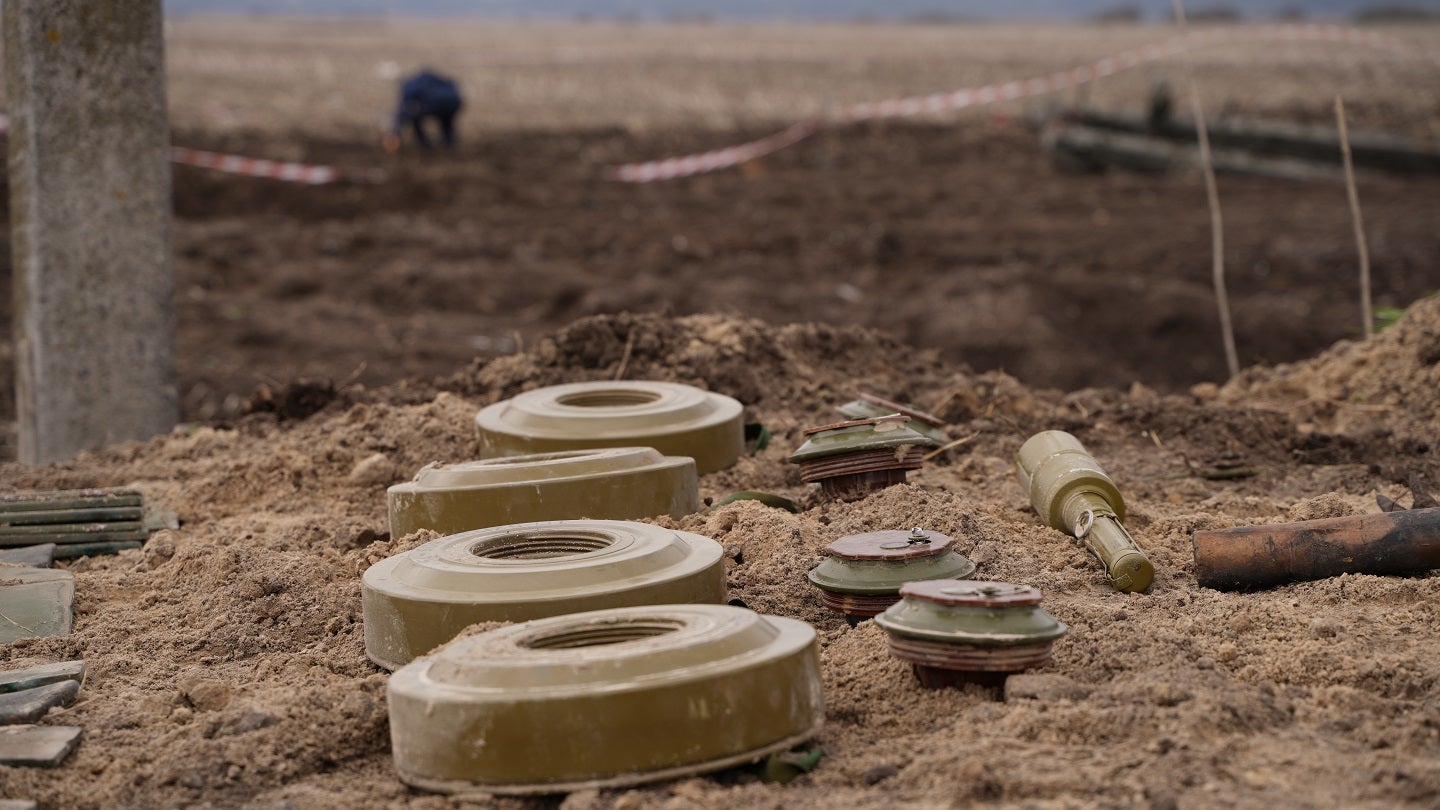
Global engineering provider RSK has announced the creation of a new company specifically tasked with delivering unexploded ordnance (UXO) and explosive ordnance risk reduction (EORR) services, a sector that it likely grow following the widespread use of anti-armour and personnel mines in ongoing conflicts.
In a 12 January 2024, announcement, RSK detailed that its Ordnance Management business would support existing and new clients with services including bomb disposal, UXO and ordnance management, risk assessments, ground investigation, ground contamination, and environmental impact.
RSK Group CEO Alan Ryder said the new business would contribute to UXO research and investigation: “Our multi-sector work across the UK and the world, on land and in the marine environment, has made us aware of the very real need for a business of this nature.”
The newly formed business has drawn together a range of experience in the sector, including running international UXO and demining projects in more than 25 countries, delivering UXO and training to national authorities and providing EORR services to UK Ministry of Defence clients, according to RSK.
RSK Ordnance Management technical director Richard Holmes served in British Army’s bomb disposal regiment, delivering UXO and EORR services in Mali, Somalia, and Ukraine, alongside running operations in the UK for a number of UXO operators.
The UK military has provided extensive mine detection and disposal training to the Ukrainian military, with millions of Russian mines laced through the battlefields in the east of Ukraine. In addition, more than 1,500 hand-carried mine detectors have been provided.
Further back, the UK also contributes to global legacy mine clearance efforts, pledging $1.1m to supporting Norwegian civil-led UXO operations in Laos in 2019.
Few positions in the global UXO industry have been advertised through Q4 2023, although the creation of new businesses directed specifically at the sector will likely serve to increase opportunities.
Our signals coverage is powered by GlobalData’s Thematic Engine, which tags millions of data items across six alternative datasets — patents, jobs, deals, company filings, social media mentions and news — to themes, sectors and companies. These signals enhance our predictive capabilities, helping us to identify the most disruptive threats across each of the sectors we cover and the companies best placed to succeed.






